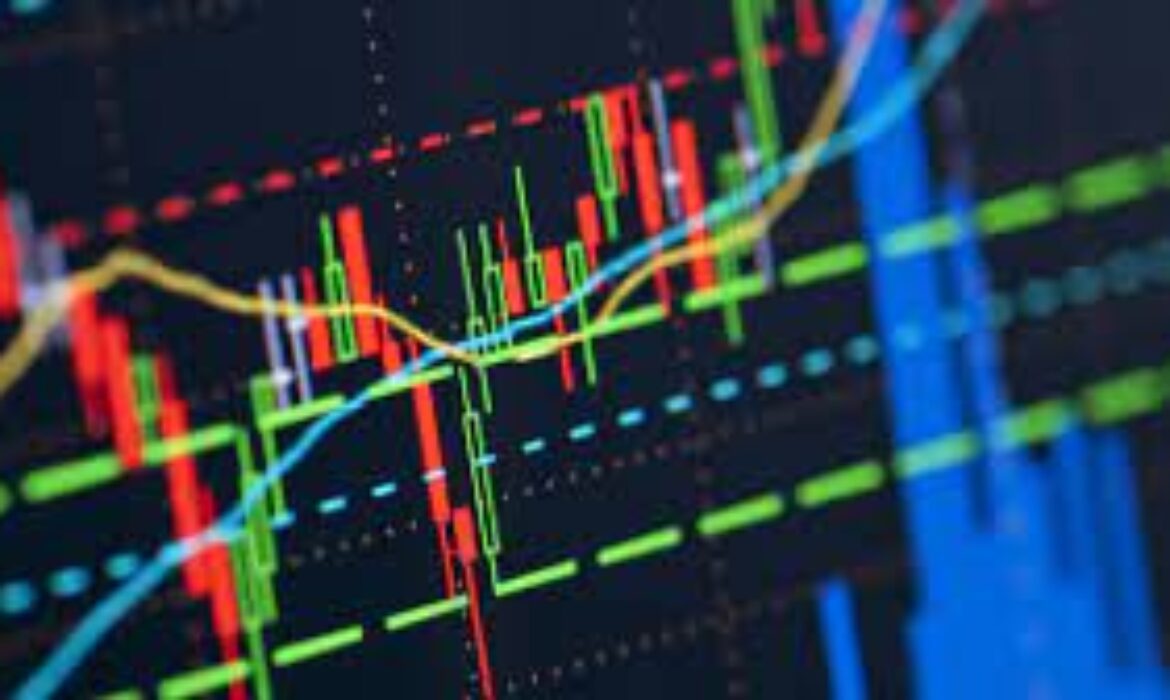
Introduction
Analyzing currency markets is crucial for successful trading, as it allows traders to make informed decisions based on market trends and economic indicators. In this article, we’ll explore some of the top tools and resources available for analyzing currency markets, ranging from technical analysis tools to fundamental analysis resources and trading platforms. Additionally, if you want to know more about investments and firms, you may visit Quantum Coin GPT.
Technical Analysis Tools
Technical analysis is a method of evaluating securities by analyzing statistics generated by market activity, such as past prices and volume. Several tools are commonly used in technical analysis for analyzing currency markets:
- Moving Averages: Moving averages smooth out price data to identify trends over a specified period. Traders use moving averages to confirm trends and identify potential entry and exit points.
- Relative Strength Index (RSI): The RSI measures the magnitude of recent price changes to evaluate overbought or oversold conditions in a currency pair. It helps traders identify potential trend reversals.
- Fibonacci Retracement Levels: Fibonacci retracement levels are horizontal lines that indicate potential support and resistance levels based on the Fibonacci sequence. Traders use these levels to identify areas of price reversal during pullbacks.
Fundamental Analysis Resources
Fundamental analysis involves evaluating the intrinsic value of an asset by analyzing economic and financial factors. For currency markets, fundamental analysis focuses on economic indicators and geopolitical events that can influence currency values:
- Economic Indicators: Key economic indicators, such as GDP growth, inflation rates, and employment data, provide insights into the health of an economy and its currency. Traders monitor these indicators to anticipate changes in currency values.
- Economic Calendars and Reports: Economic calendars provide schedules of upcoming economic releases and events, allowing traders to plan their trading strategies accordingly. Reports such as central bank statements and monetary policy decisions can have a significant impact on currency markets.
Trading Platforms and Software
Trading platforms are software applications that facilitate trading in financial markets. They provide access to real-time market data, charting tools, and order execution capabilities. Some popular trading platforms for analyzing currency markets include:
- MetaTrader 4 (MT4): MT4 is a widely used trading platform known for its advanced charting features, customizable indicators, and support for automated trading through Expert Advisors (EAs).
- TradingView: TradingView is a web-based platform that offers advanced charting tools and social networking features, allowing traders to share ideas and collaborate with other traders.
News and Information Sources
Staying informed about global events and economic developments is essential for currency traders. Here are some sources for up-to-date news and analysis on currency markets:
- Financial News Websites: Websites like Bloomberg, Reuters, and CNBC provide real-time news and analysis on global financial markets, including currency markets.
- Economic Research Reports: Research reports from banks, financial institutions, and independent analysts offer in-depth analysis of currency market trends and forecasts.
Risk Management Tools
Managing risk is a critical aspect of successful trading. Risk management tools help traders protect their capital and minimize losses. Some common risk management tools used in currency trading include:
- Stop-Loss Orders: A stop-loss order is an order placed with a broker to close a position automatically at a specified price level, limiting potential losses.
- Take-Profit Orders: A take-profit order is an order placed with a broker to close a position automatically at a specified profit level, allowing traders to lock in gains.
Educational Resources and Communities
Continuous learning and networking are essential for improving trading skills and staying updated on market developments. Here are some educational resources and communities for currency traders:
- Online Courses and Webinars: Platforms like Udemy, Coursera, and BabyPips offer online courses and webinars covering various aspects of currency trading, from beginner to advanced levels.
- Trading Forums and Communities: Forums such as Forex Factory and Reddit’s r/Forex provide platforms for traders to discuss market trends, share trading strategies, and seek advice from experienced traders.
Conclusion
Analyzing currency markets requires the use of various tools and resources, including technical analysis tools, fundamental analysis resources, trading platforms, news sources, risk management tools, and educational resources. By utilizing these tools effectively, traders can make informed decisions and improve their chances of success in the dynamic world of currency trading.



